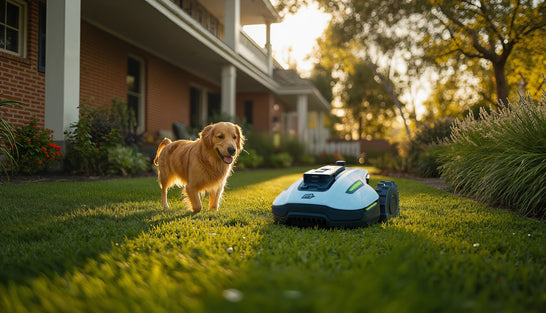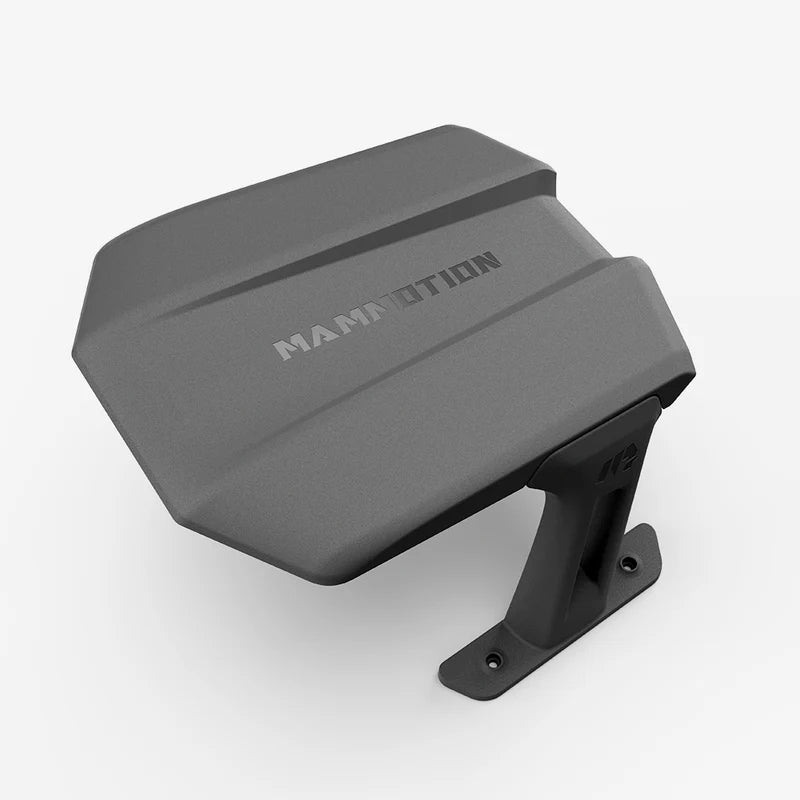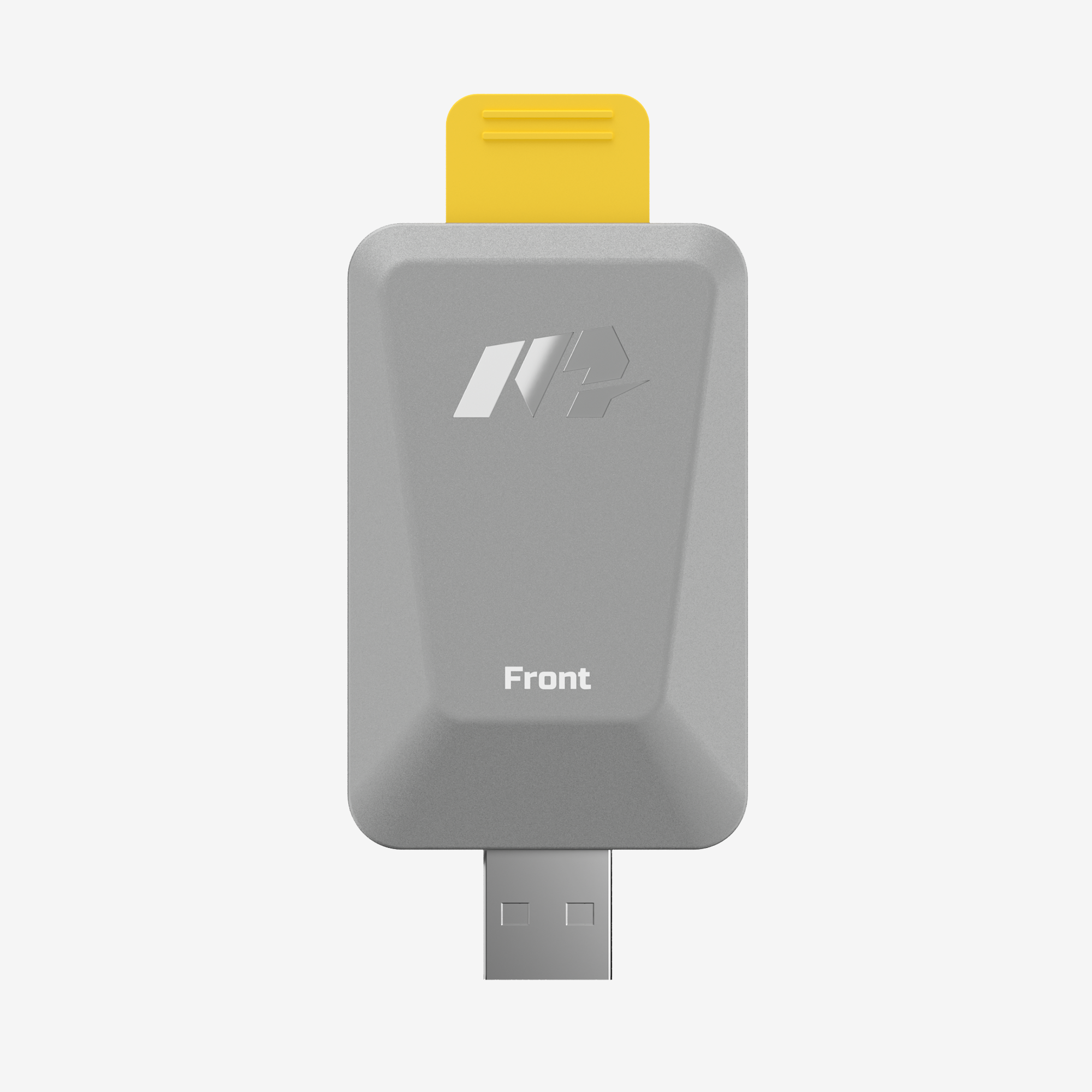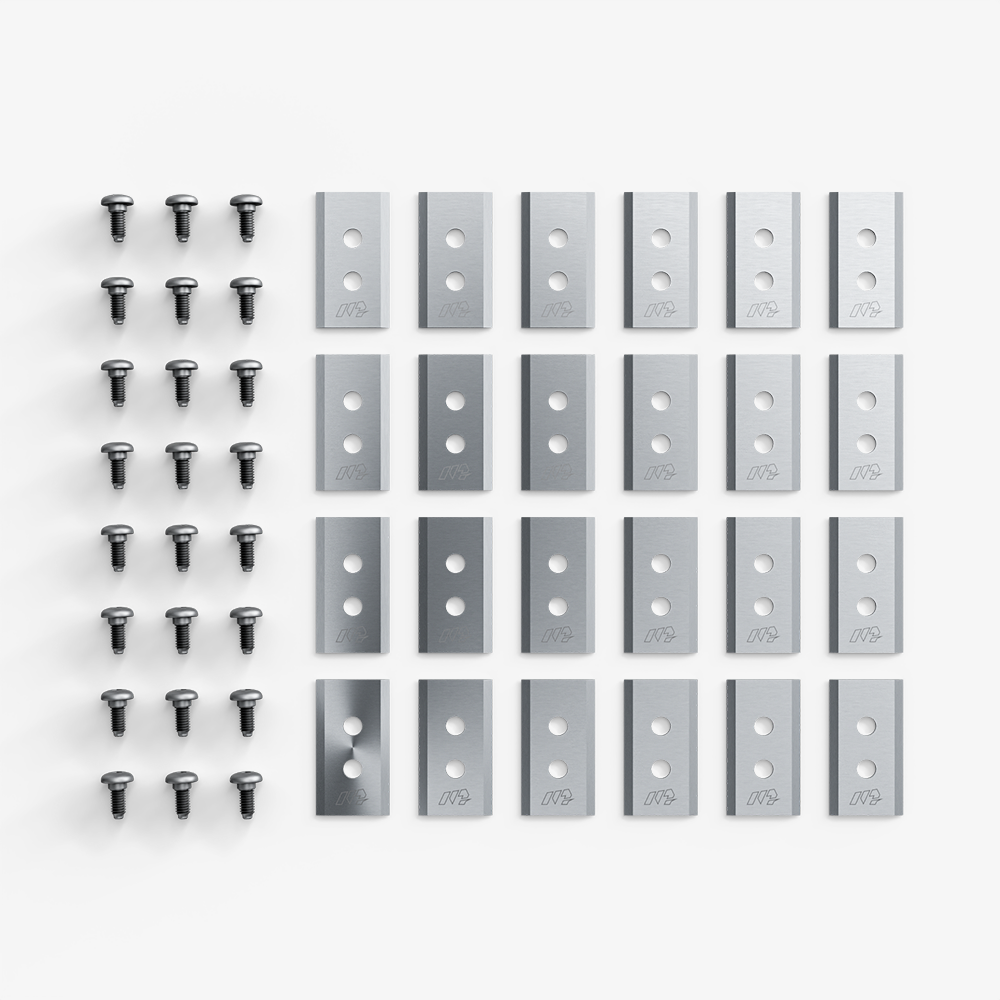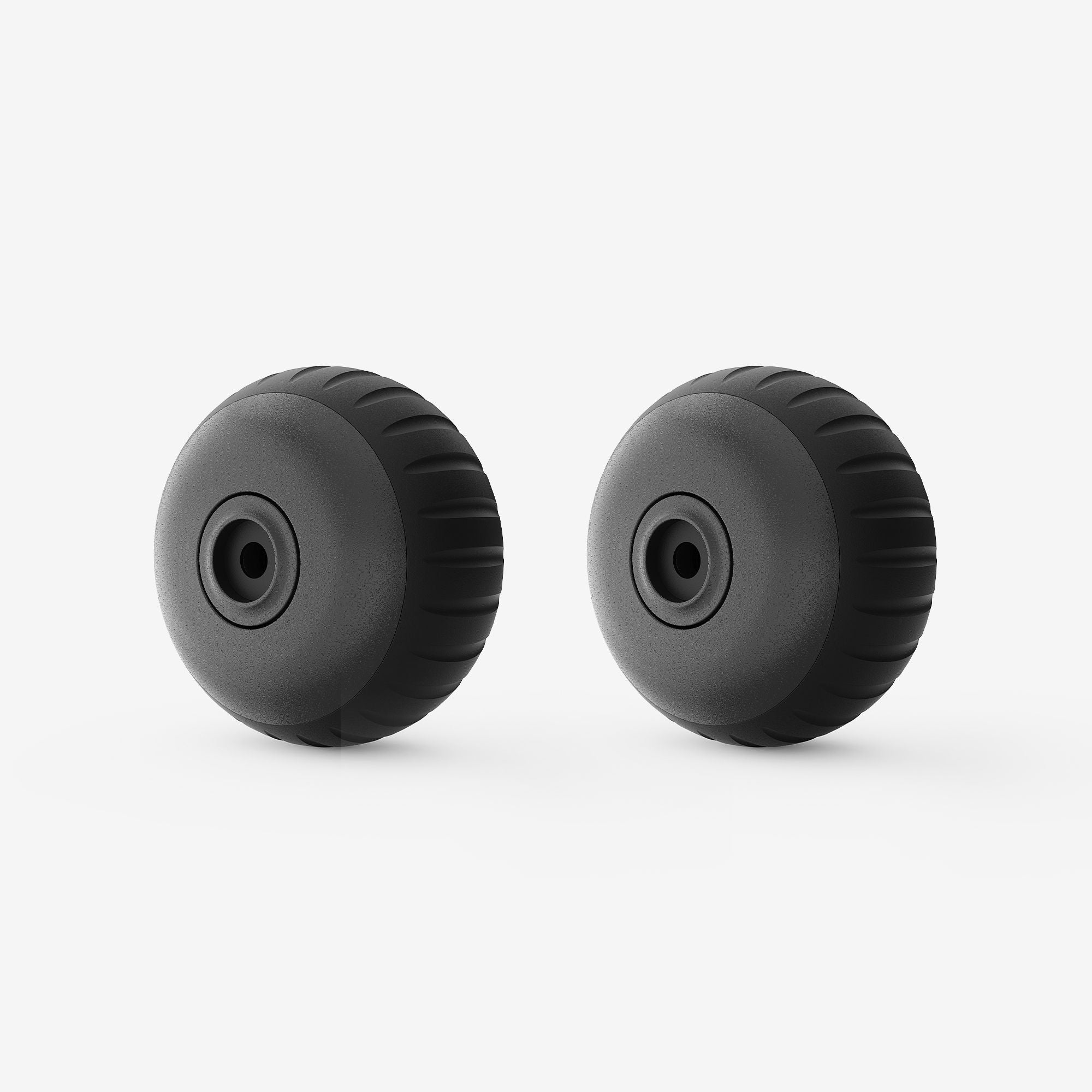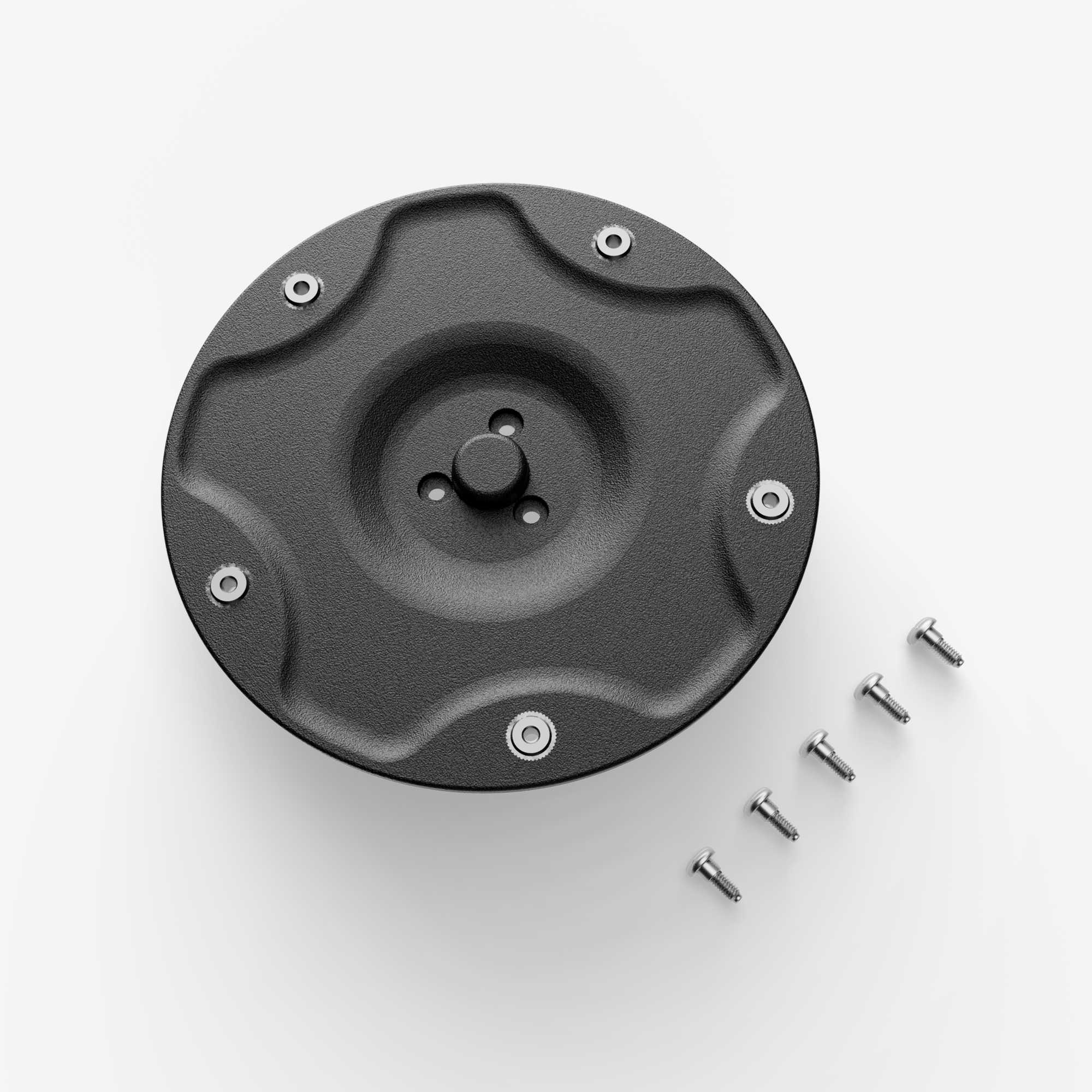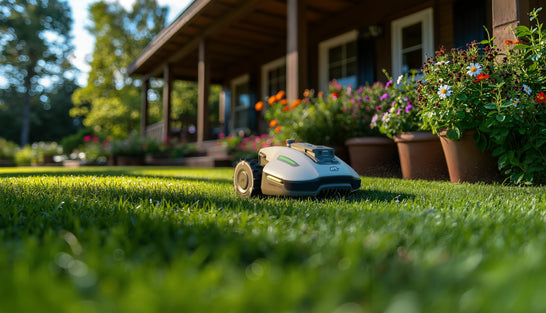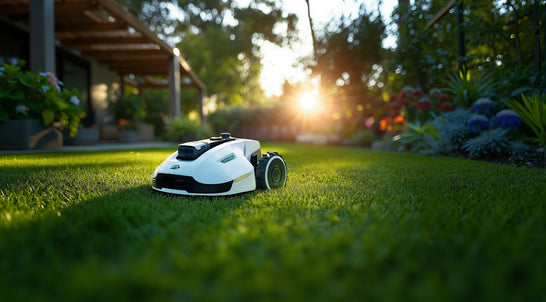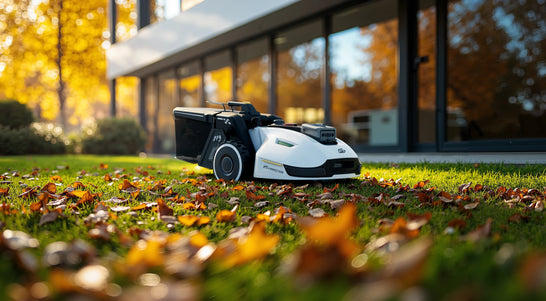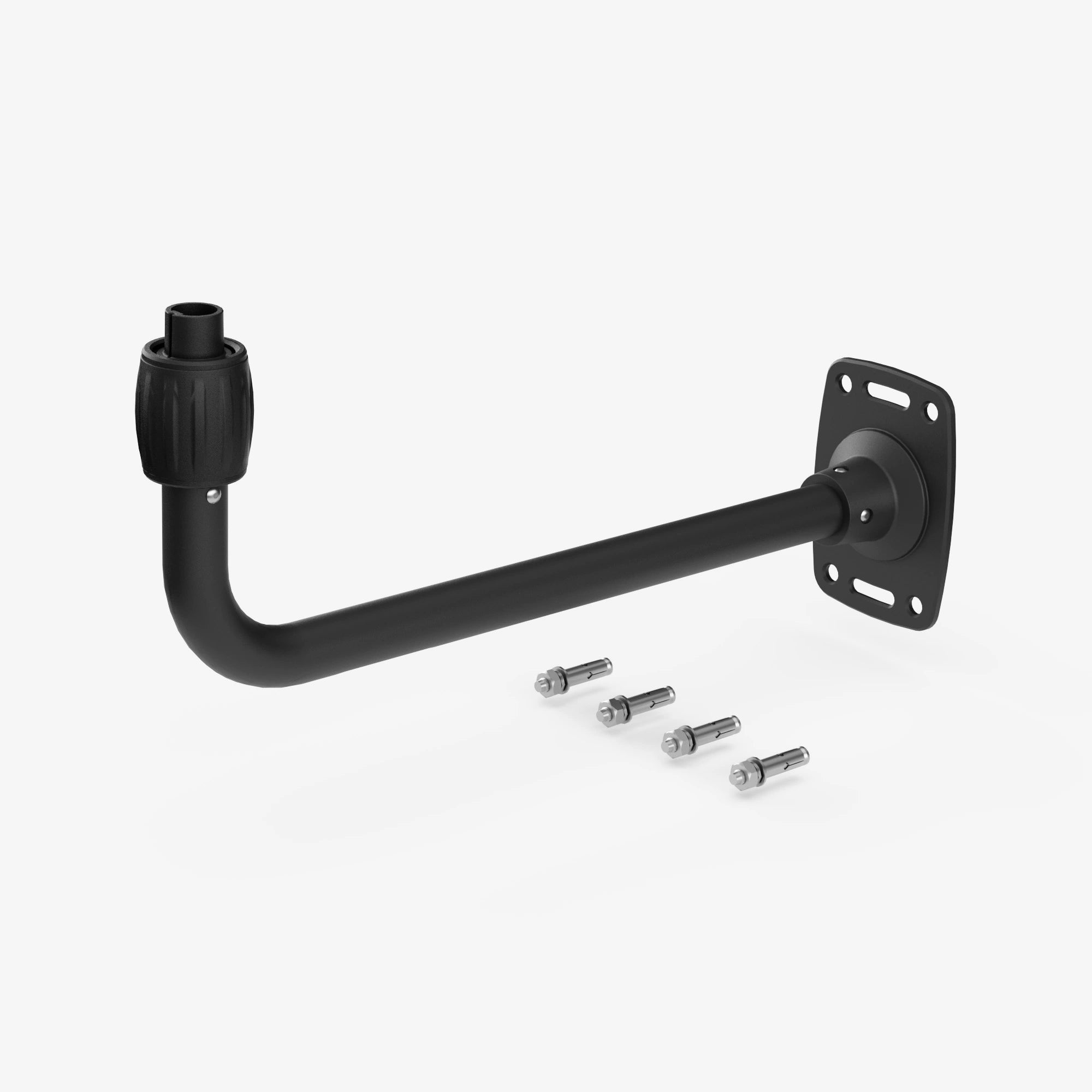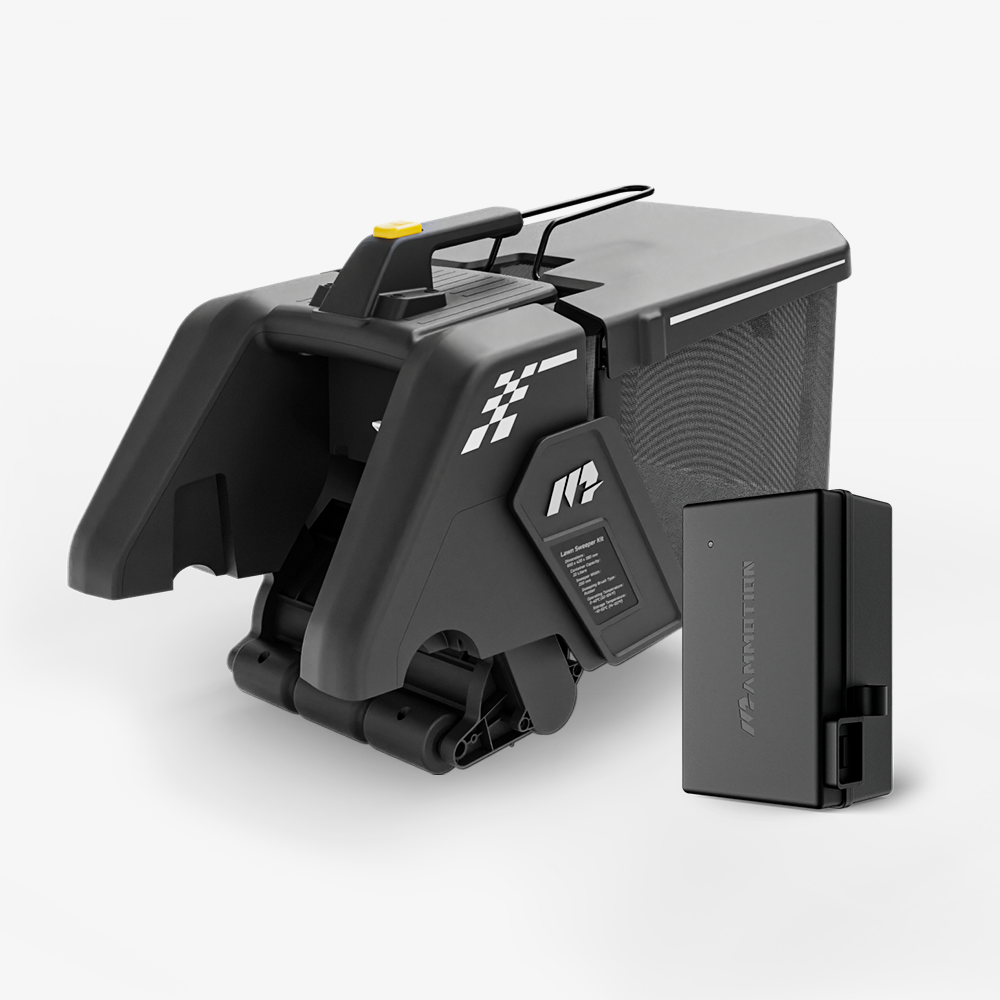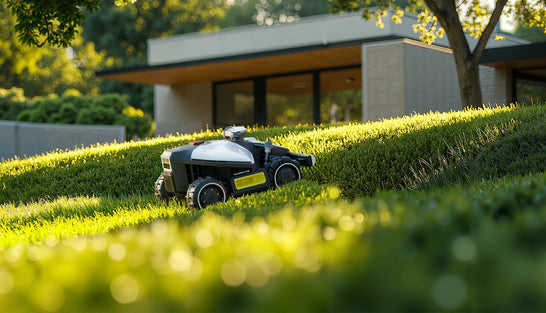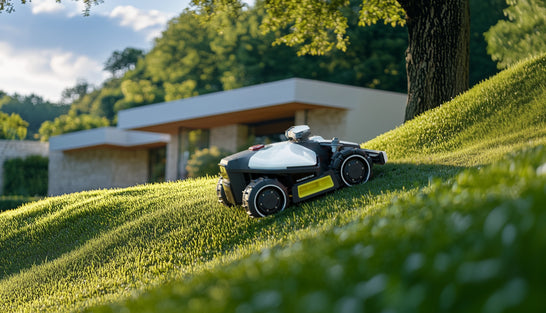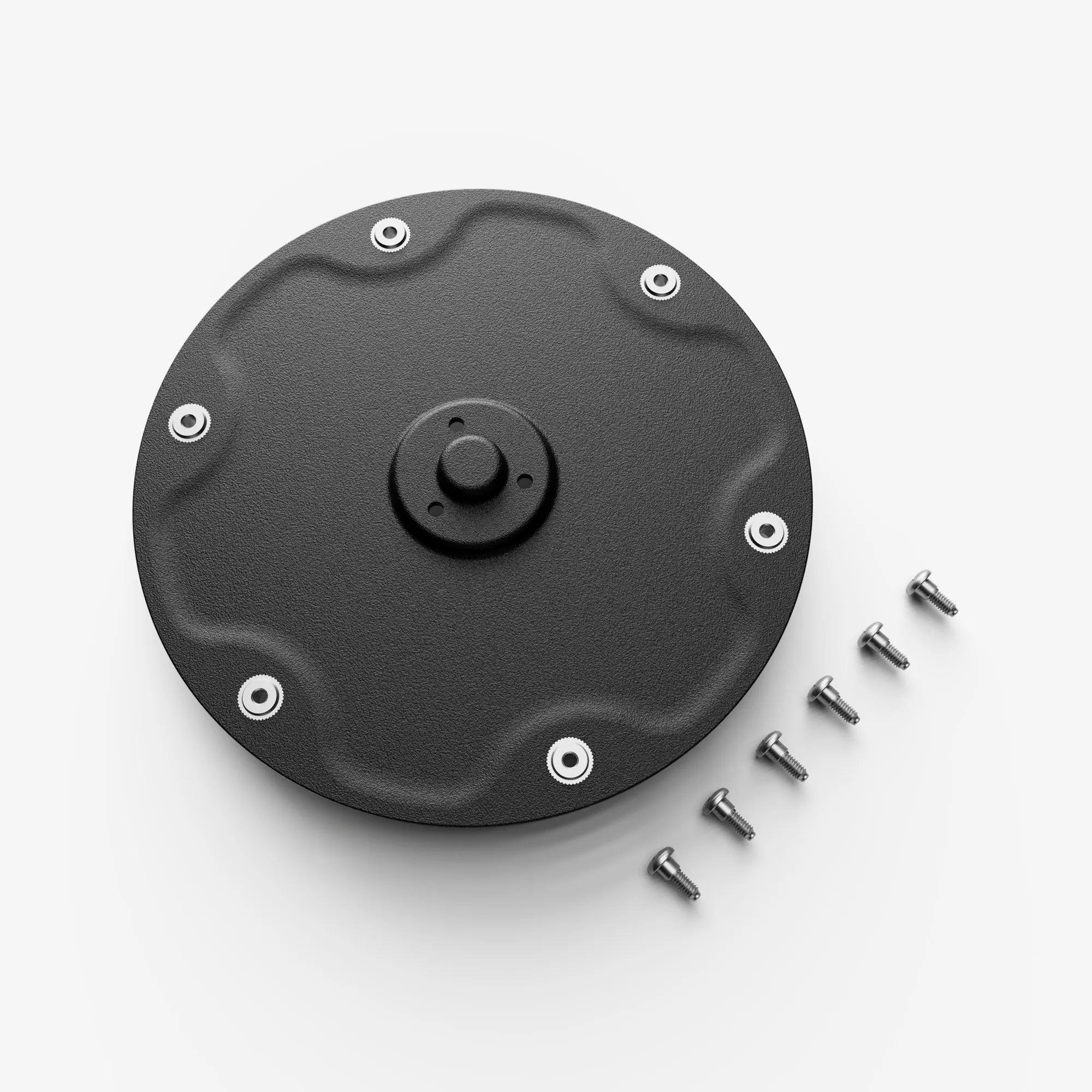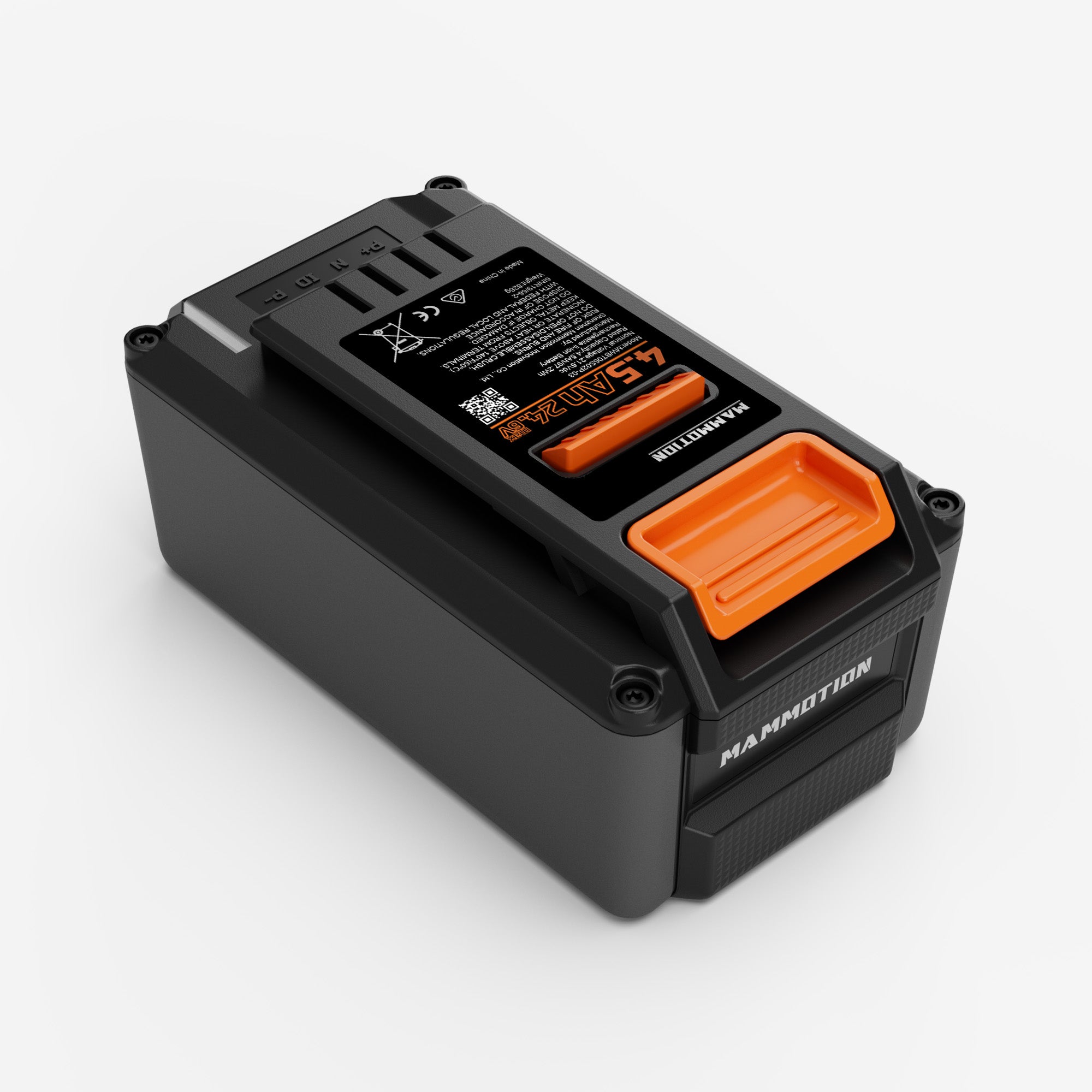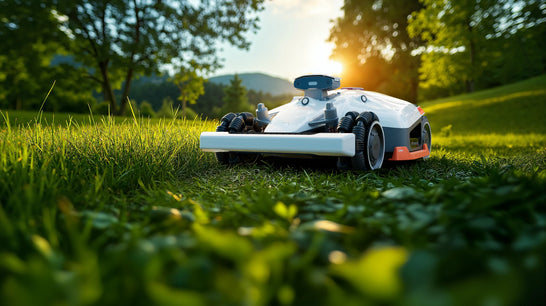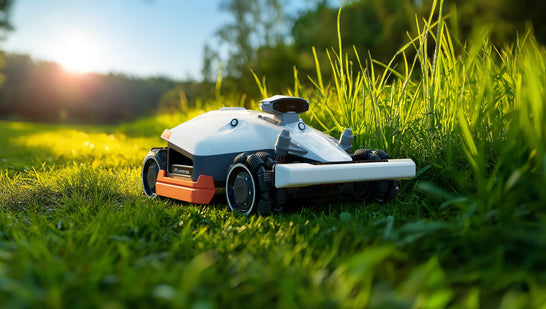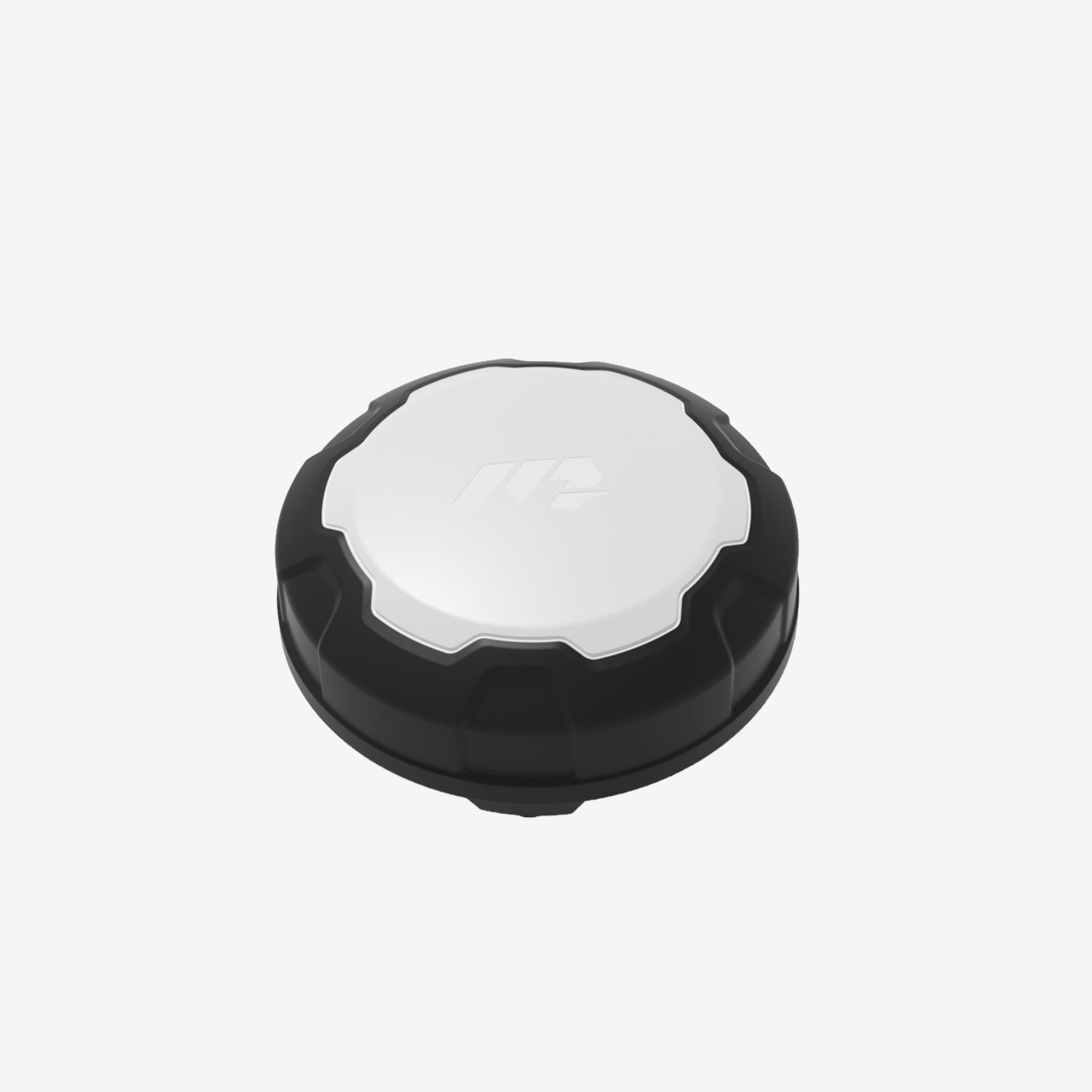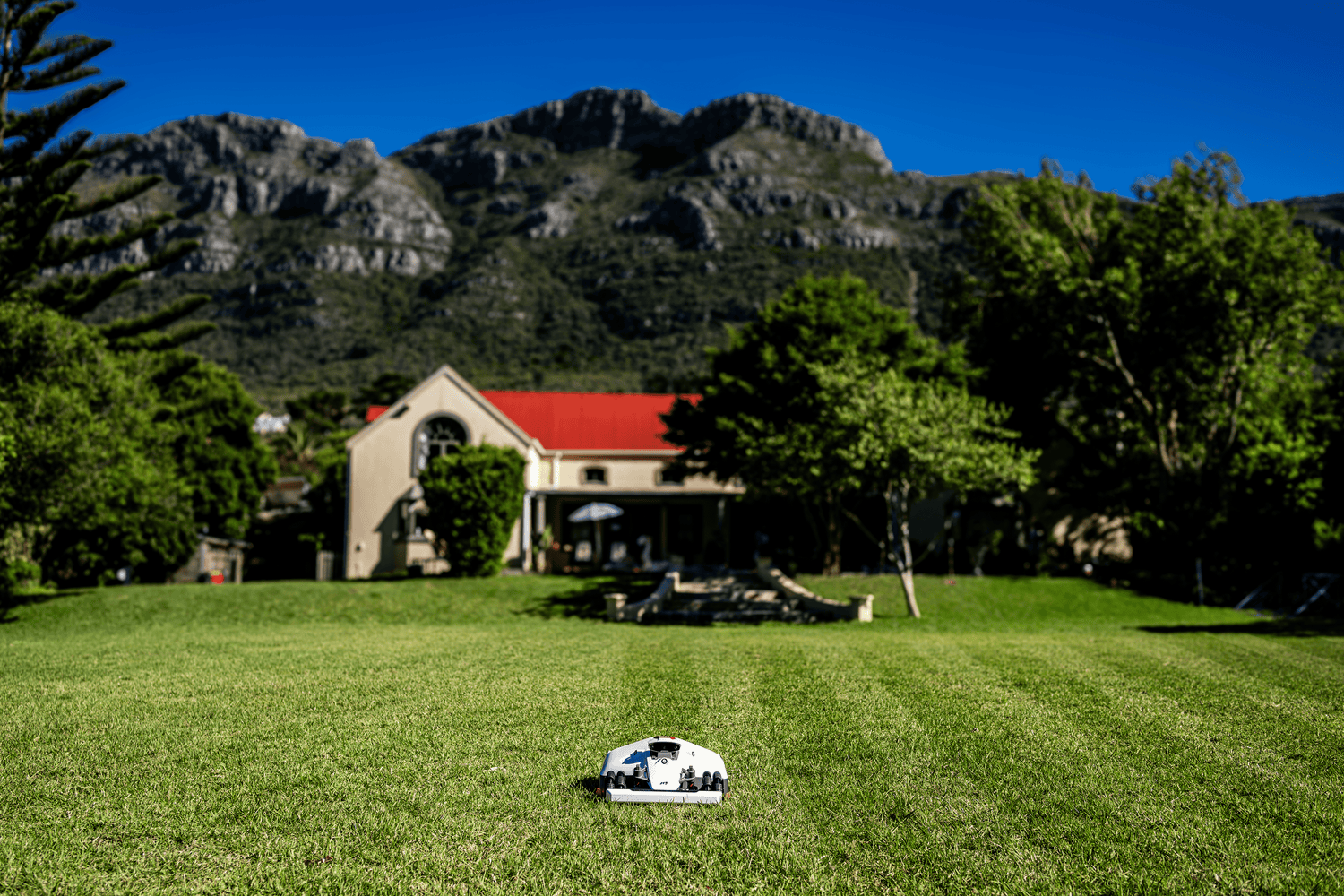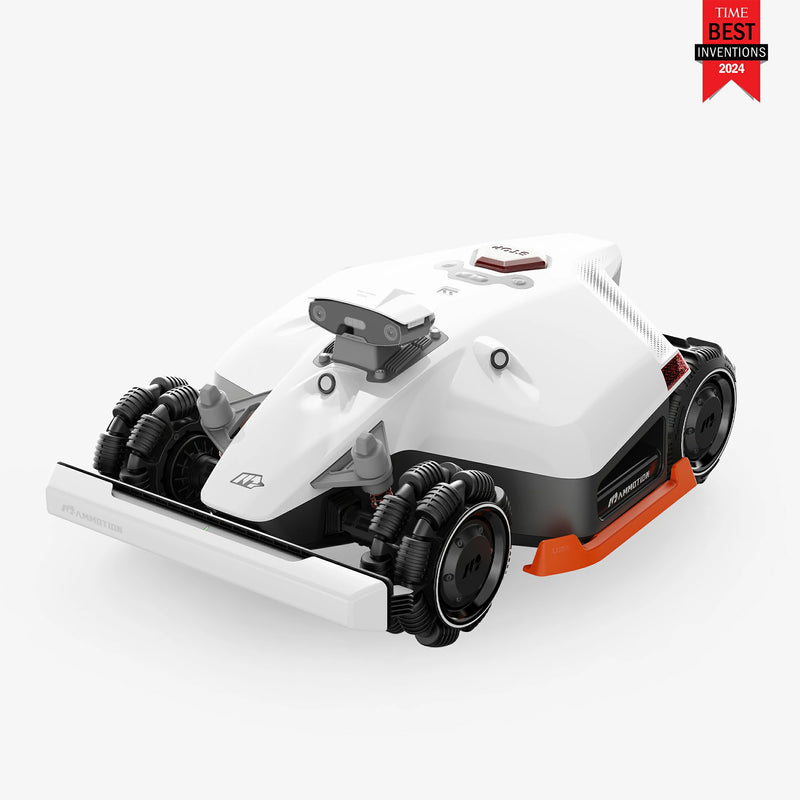Robotic lawn mowers have rapidly evolved from high-tech novelties into practical tools for both homeowners and commercial property managers. As the technology matures, the market now clearly divides into two major categories: residential and commercial robot mowers. While both aim to automate the tedious task of lawn maintenance, their capabilities, design, and price points differ significantly.
If you're managing a school campus, business park, or a large property—or even if you're a homeowner with a sizable lawn—you might be wondering: what's the difference between a residential and a commercial robotic mower? More importantly, how do you know which one is right for your needs?
In this guide, we’ll break down the key differences between residential and commercial robot mowers, compare their features side by side, and help you make an informed decision based on your lawn size, budget, and long-term maintenance goals.
What Is the Residential Robot Lawn Mower?
A residential robot mower is a compact, battery-powered machine designed to autonomously maintain small to medium-sized lawns around private homes. These mowers are built for ease of use, minimal setup, and quiet operation—making them ideal for suburban environments.
Most residential models operate using GPS or RTK for navigation on the market. Also have some robot mowers still use boundary wire, the wire helps the mower navigate and stay within designated mowing zones.
Key features of residential robot mowers typically include:
- Coverage area: Usually between 0.25 to 2.5 acres
- Battery life: Moderate (runs 90–240 minutes per charge)
- Cutting system: two or more blades for grass trimming
- Terrain handling: Best on flat or slightly sloped lawns (but have robot mowers like Mammotion LUBA 2 AWD that can climb to 80% slope)
- Navigation: GPS or RTK, still have boundary wire-based
- Price range: $800 to $5,000, depending on size and brand
Popular residential robot mower brands include Mammotion, Worx Landroid, and Robomow RX series. These models are engineered for homeowners looking for convenience and quiet, consistent grass trimming, but they’re not designed for heavy-duty or large-scale operations.
What Is the Commercial Robot Mower?
A commercial robot mower is a high-capacity, industrial-grade machine designed to autonomously maintain large, complex, or high-traffic lawn areas—such as athletic fields, business campuses, golf courses, schools, and municipal properties. These mowers are built for continuous operation, maximum durability, and advanced navigation across varied terrain.
Commercial robot mowers are often equipped with RTK GPS, cellular connectivity, and multi-zone fleet control. These technologies allow the mower to cut with centimeter-level accuracy, operate without perimeter wires, and be remotely managed via smartphone or web dashboard.
Key features of commercial robotic mowers typically include:
- Coverage area: 2 to 10+ acres per unit (scalable via fleets)
- Battery life: Long runtime with fast auto-recharge systems
- Cutting system: Multiple heavy-duty blades with wide decks (20–36 inches or more)
- Terrain handling: Designed for uneven, sloped, or obstacle-rich surfaces
- Navigation: RTK GPS (virtual boundary), advanced sensors
- Connectivity: Remote diagnostics, cloud-based updates, multi-mower control
- Price range: $4,000 to $25,000+ depending on brand, features, and scale
Key Difference Between a Residential and Commercial Robot Mower
Understanding the differences between residential and commercial robot mowers is essential for selecting the right machine for your lawn maintenance needs. Here’s a detailed comparison of the two:
|
Feature |
Residential Robot Mower |
Commercial Robot Mower |
|
Coverage Area |
Up to 2.5 acres |
2 to 10+ acres, scalable via fleets |
|
Navigation |
GPS or RTK, still have boundary wire-based |
RTK GPS for precise, wire-free mapping |
|
Battery Life |
90–240 minutes |
Several hours, fast auto-recharge systems |
|
Cutting Deck Size |
7–16 inches |
20–36+ inches, multiple blades |
|
Terrain Handling |
Flat to mild slopes |
Handles uneven, sloped, and complex terrain |
|
Connectivity |
Local controls, app control |
Cloud-based fleet management, remote alerts |
|
Price Range |
$800–$5,000 |
$4,000–$25,000+ |
|
Intended Use |
Home lawns |
Large commercial properties, parks, campuses |
Additional Key Points:
- Precision & Technology: Commercial units leverage advanced GPS and sensors for centimeter-level accuracy, eliminating the need for boundary wires, a common limitation in residential models.
- Scalability: Commercial mowers can be deployed in fleets, enabling efficient maintenance of very large properties with coordinated schedules.
- Durability: Designed for daily, all-weather operation, commercial mowers feature reinforced construction to withstand harsh environments and heavier workloads.
- Cost vs Value: While the upfront commercial robot mower price is significantly higher, the total cost of ownership can be lower over time due to reduced labor, fuel, and maintenance expenses.
- Choosing between these two types hinges on your property size, terrain complexity, and budget considerations.
Which Robot Mower Is Right for You?
Choosing between a residential and a commercial robot mower depends on several key factors—primarily your property size, operational goals, and budget.
Choose a Residential Robot Mower if:
- You’re a homeowner with a small to medium-sized lawn (under 2 acres)
- Your terrain is mostly flat with few obstacles
- You prefer a lower upfront cost (under $3,500)
Residential models are ideal for individuals seeking a low-maintenance, hands-off lawn care solution without the need for industrial-grade performance.
Choose a Commercial Robot Mower if:
- You manage a large property (2+ acres), or multiple zones
- You need precise GPS navigation without boundary wires
- You operate in a commercial or professional landscaping context
- You want centralized fleet control, remote diagnostics, and performance data
- You’re seeking long-term ROI through labor and fuel savings
A commercial robot mower is best suited for schools, municipalities, athletic fields, golf courses, and landscape maintenance companies that require high reliability and scalability.
Conclusion
While residential and commercial robot mowers may look similar at first glance, their capabilities, performance, and purpose are fundamentally different.
A residential robot mower is ideal for small, simple lawns where convenience and cost-efficiency are priorities. In contrast, a commercial robot mower is engineered to handle large-scale, complex, and demanding environments—delivering precision, automation, and long-term value for property managers and professional landscapers.
By understanding the unique strengths of each type, you can confidently choose the mower that aligns with your goals—whether it's keeping your backyard looking sharp or streamlining operations across acres of managed turf.
For the best results, evaluate your property’s size, terrain, maintenance expectations, and investment horizon. The right robotic mower not only reduces labor but transforms the way you manage your green space. Contact us if you have any questions.

